Before you use a VPN in Canada, Here what you should know
In today’s digital age, online privacy and security have become paramount concerns for internet users. Virtual Private Networks (VPNs) offer a valuable solution, allowing individuals to protect their personal information and browse the internet anonymously. However, before using a VPN in Canada, it’s important to be aware of certain key considerations to ensure a seamless and effective experience. Before you use a VPN in Canada, Here what you should know. This article will explore the essentials of using a VPN in Canada, covering legal aspects, speed considerations, content access, and privacy concerns.
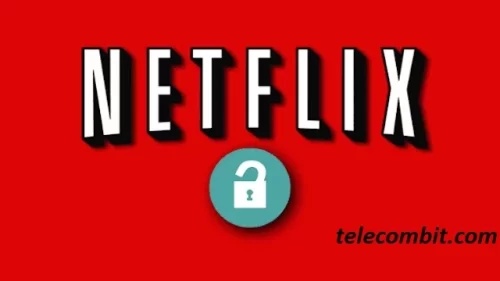
Understanding VPNs
A VPN, or Virtual Private Network, is a service that establishes a secure connection between your device and the internet. It encrypts your data, making it unreadable to anyone who may intercept it. VPNs also provide the ability to mask your IP address, making your online activities more anonymous.
You can also learn about: Tragic Event That Changed Lives
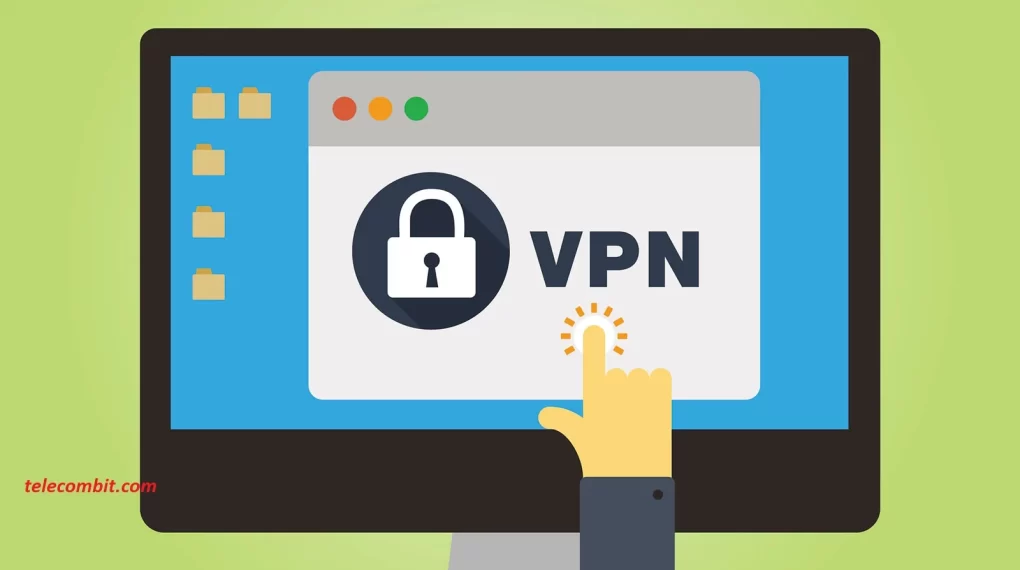
Legal Considerations

Using a VPN in Canada is legal, and there are no specific regulations against it. However, it’s essential to remember that while VPNs protect your privacy, they don’t grant you immunity from illegal activities. Engaging in illegal online activities, such as copyright infringement, remains punishable under the law.
Connection Speed and Performance
When choosing a VPN, it’s crucial to consider its impact on your internet connection speed. VPNs can sometimes result in a slight reduction in speed due to the encryption process. However, reputable VPN providers invest in high-speed servers to minimize this impact. Opt for VPNs with a large server network to ensure better performance.

Accessing Geographically Restricted Content
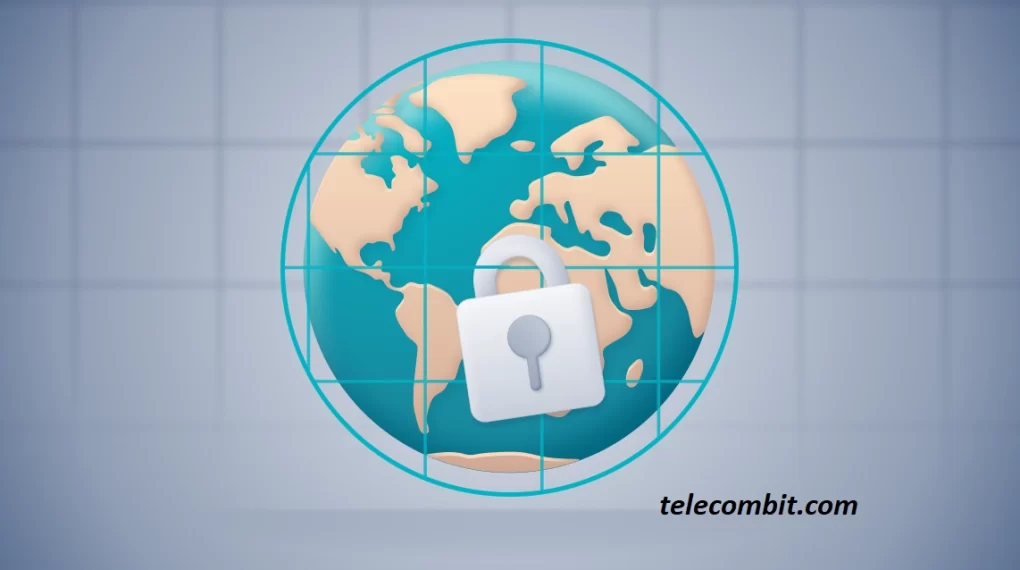
One of the primary benefits of using a VPN is the ability to bypass geolocation restrictions. Canadian users can access content that is otherwise unavailable in their region by connecting to VPN servers located in other countries. This allows for accessing streaming platforms, websites, and online services that may be blocked in Canada.
Privacy and Logging Policies
Privacy is a major concern when using a VPN. While VPNs offer anonymity, it’s essential to understand the logging policies of the VPN provider. Look for providers with a strict no-logs policy, meaning they do not store any user activity data. This ensures that your online activities remain private and cannot be traced back to you.
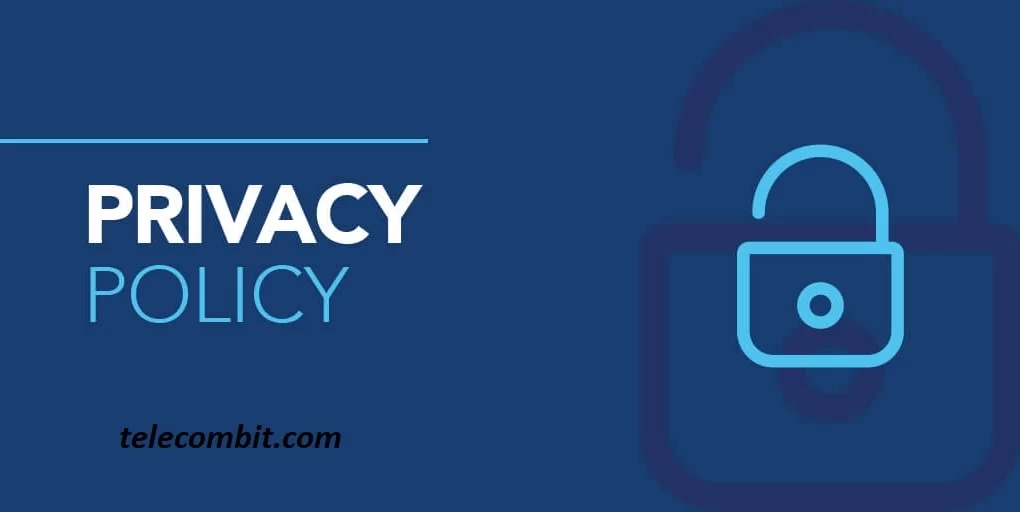
Choosing the Right VPN Provider
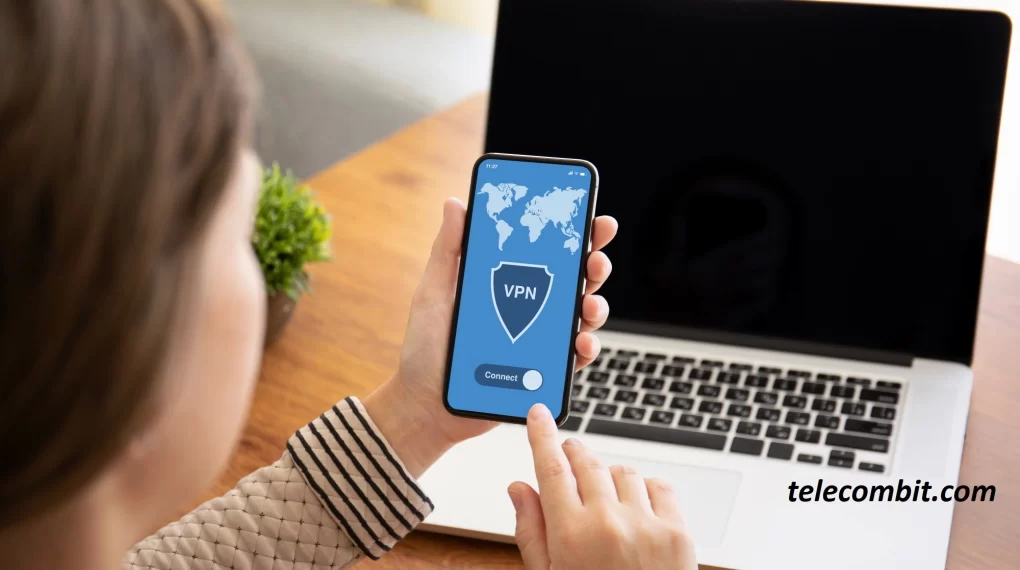
Selecting a reliable VPN provider is crucial for a secure and hassle-free experience. Consider the following factors before making a decision:
Reputation and reviews: Research the provider’s reputation and read reviews from other users.
Security features: Look for protocols like OpenVPN and strong encryption methods.
Server locations: Ensure the VPN has servers in the countries you need for accessing content.
Customer support: Check for responsive customer support to address any issues that may arise.
Conclusion
Using a VPN in Canada can enhance your online security and privacy while granting access to restricted content. However, it’s essential to choose a reputable VPN provider, understand the legal considerations, and be mindful of connection speed and privacy policies. By considering these factors, you can make an informed decision and enjoy a safe and unrestricted online experience.
In conclusion, VPNs offer a valuable tool for internet users in Canada, enabling them to protect their online privacy, access restricted content, and browse the internet securely. By being aware of the factors discussed in this article, you can confidently choose and use a VPN that meets your needs while ensuring a seamless online experience.





